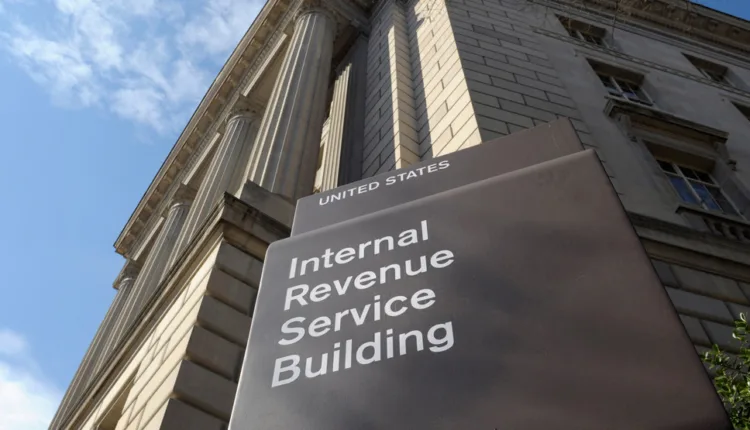
2024 Election Outcome May Determine IRS’s Fate
TL/DR –
Congress has sharply contrasting views on the Internal Revenue Service’s (IRS) handling of an $80 billion investment, with Republicans accusing the agency of wasteful spending and Democrats praising its progress. IRS Commissioner Daniel Werfel testified that the investment, part of the Inflation Reduction Act, is crucial in efforts to close the “tax gap” between taxes legally owed and taxes paid. The Congressional Budget Office (CBO) has estimated that the investment could increase revenues by over $180 billion from 2022 to 2031, and improvements to customer service have been significant since the funding was allocated.
IRS Commissioner Testifies on Agency’s Progress Amidst Funding Controversies
Congressional divisions over the Internal Revenue Service’s (IRS) use of a multibillion-dollar investment took center stage as Commissioner Daniel Werfel testified before the House Ways and Means committee. Republicans criticized the IRS’s use of the $80 billion from the Inflation Reduction Act, while Democrats praised the agency’s progress.
Funding Disputes Could Influence 2024 Election
This hearing hints at the future of the IRS, a frequently targeted agency, in the 2024 election. The party controlling Congress and the White House could decide its fate. Republicans, currently holding a slim House majority, have sought to offset other government spending by cutting IRS funding through multiple bills.
Increased Audits: A Solution to Closing the “Tax Gap”?
Werfel suggested that sustained IRS funding could help close the “tax gap”–taxes owed but unpaid due to complexities in the tax code and outdated IRS technology. Closing the tax gap could shrink the federal deficit, predicted to reach $54 trillion over the next 10 years.
Impact of Long-Term Funding on Tax Revenues and Customer Service
Reports indicate that long-term IRS funding could significantly increase tax revenues. A Congressional Budget Office report predicts an increase of $180 billion in tax revenues from 2022 to 2031. Additional funding has also led to improved customer service, with reduced wait times and increased assistance for taxpayers filing returns, according to a GAO report and a National Taxpayer Advocate report.
The Future of IRS Funding
The future of the IRS could be influenced by which party controls the White House. President Biden has supported long-term IRS funding, while former President Trump has proposed mixed funding levels. Meanwhile, some Republicans are questioning the IRS’s spending decisions and its request for an additional $800 million in appropriations this year despite only a fraction of the IRA funds having been spent.
—
Read More US Economic News
